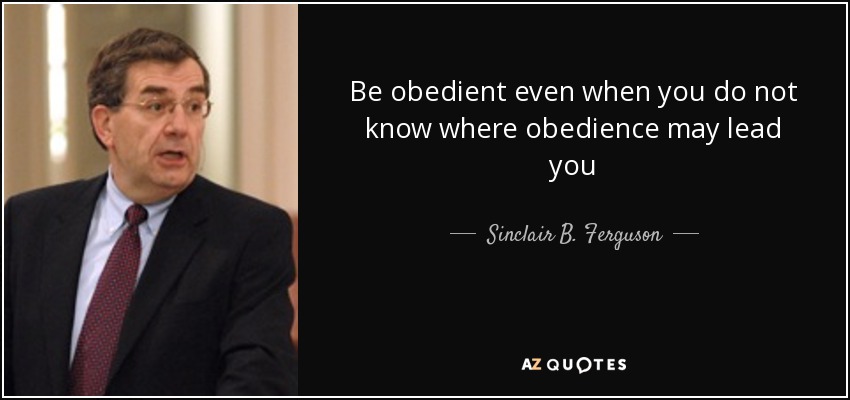NomNomPizza
Active Member
4 Answer not a fool according to his folly, lest thou also be like unto him.In Mathew 18, A brother who sins against you, .....
says that if a brother who refuses to listen to you, witnesses and the Church if he has sinned against you, then you should treat him like the tax collector or pagans, ( who I believe were shunned and despised, ) and then contradicts himself by saying in the next parable of the unmerciful servant, by saying he should forgive his brother seventy seven times if he has sinned against you.
I believe the parable goes on to say that the master ( God ) will not forgive a servant who will not forgive a fellow servant and will therefore be sent to prison and tortured ( hell? )
"This is how my heavenly father will treat each of you unless you forgive your brother from your heart"
So which is it to be? Forgive at all costs? Or treat the unrepentant like the tax collector or the pagan?
5 Answer a fool according to his folly, lest he be wise in his own conceit.
6 He that sendeth a message by the hand of a fool cutteth off the feet, and drinketh damage.
7 The legs of the lame are not equal: so is a parable in the mouth of fools.
It's not in different books or by different authors , moreover it's literally one verse apart , Bible had no verses to begin with so its probably in the same line of text ( I haven't checked).
Both are correct just apply in different situations.
However there is no contradiction at all what you quoted
because you forgive somebody , doesn't mean that you're not hurt just that you will not seek vengeance for what he/she has done to you. You ought to forgive every time but the person still suffers consequences
Upvote
0



